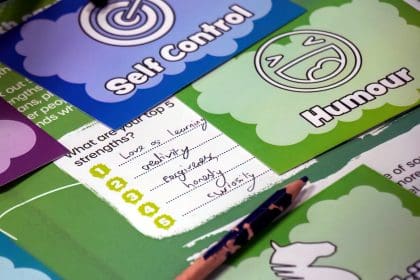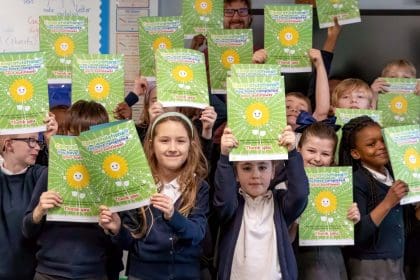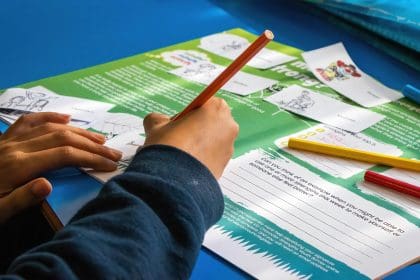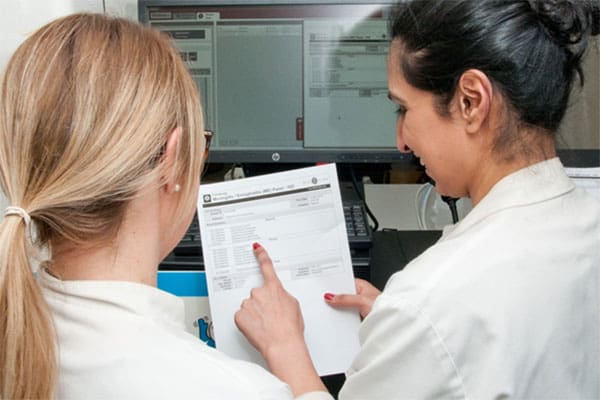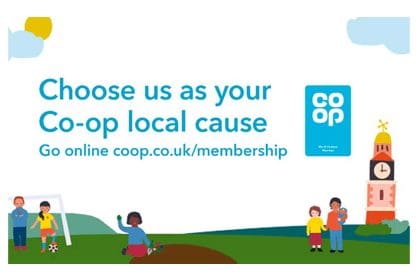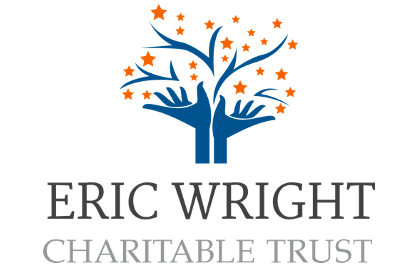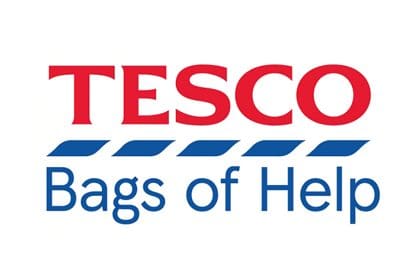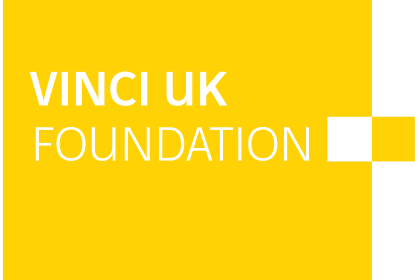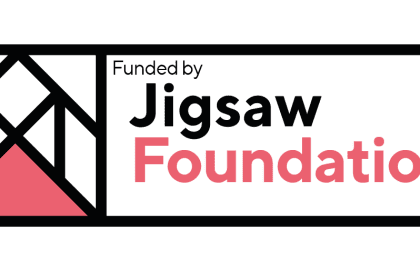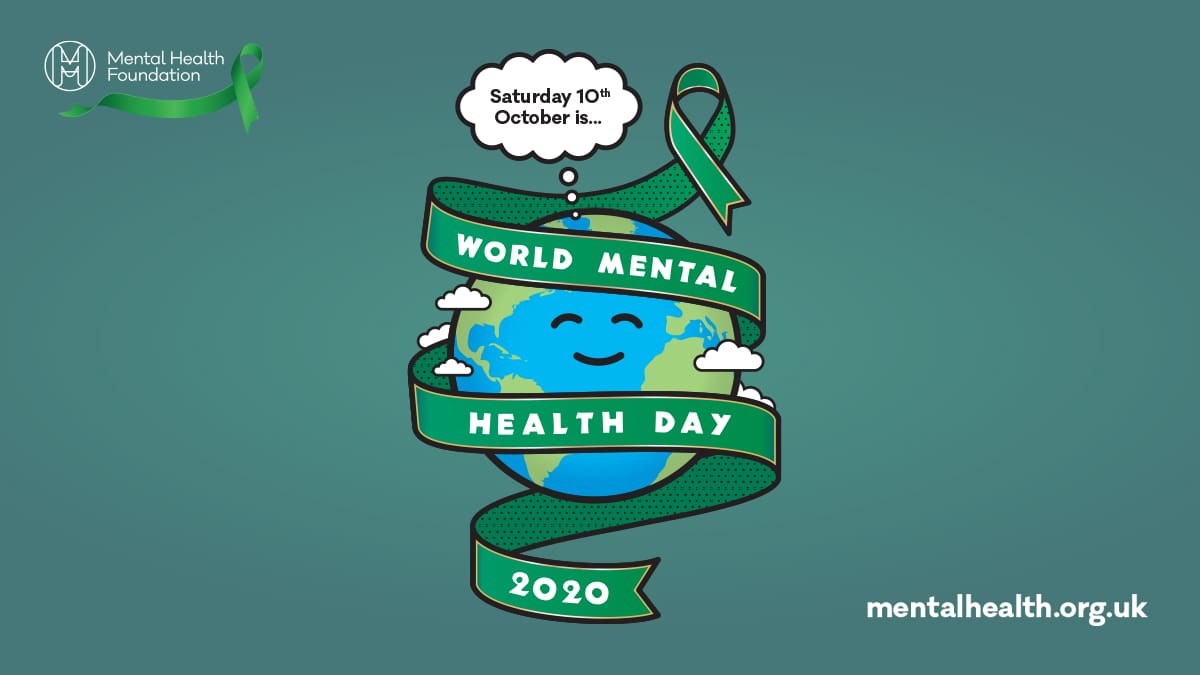
Saturday 10th October marks World Mental Health Day 2020. This year the theme is “mental health for all”, an idea that we at MedEquip4Kids wholeheartedly support. We believe young people’s mental wellbeing is as important as their physical health, and indeed, the two are often interlinked.
As well as providing paediatric medical equipment for NHS hospitals, for many years we have delivered resources such as sensory toys, books, games, arts and crafts materials, therapy aids and more to meet the needs of Child and Adolescent Mental Health Services (CAMHS) across the UK. We also have our own programme of mental health workshops in schools, the Hummingbird Project.
CAMHS and the impact of COVID-19
The COVID-19 pandemic and its consequences have taken a huge toll on everyone’s wellbeing, and in particular those who already struggle with their mental health. Over 80% of young people with conditions like anxiety, depression or OCD have reported worsening of their symptoms since the outbreak. A report by Young Minds explains: “The uncertainty, the anxiety, the fear of becoming ill or seeing a loved one become ill, the loss of our normal routines, the difficulties of social connection, and the disruption to education could have a profound impact on the nation’s mental health.”
We launched an appeal at the end of March to raise funds for equipment needed to tackle COVID-19. This included ensuring that CAMHS had the extra resources they needed to help their young patients through these difficult times. We’re so grateful to all of the companies, trusts and individuals who responded, allowing us to deliver resources over the summer to services locally and around the UK.
Case study: Junction 17
Junction 17 in Prestwich covers Greater Manchester and is an acute inpatient specialist CAMHS for young people aged 13–18 who require assessment and treatment for a range of complex mental health difficulties. The Occupational Therapy team at Junction 17 often work with young people to reintegrate them back into the community. Planning meaningful activities for young people to maintain or engage in upon discharge from hospital is a vital part of the occupational therapists’ role. MedEquip4Kids provided Junction 17 with sensory and fidget toys, autism and anti-anxiety toys, ear defenders, board games and other activities, musical instruments, bean bags, eye pillows, and a variety of books. Occupational Therapist Harriet Allen said: “Thanks ever so much for providing us with these resources, we really appreciate it. I know the young people will be very grateful.”
Case study: Edinburgh CAMHS
Hannah Reilly, an  art therapist at CAMHS Tipperlinn in Edinburgh, told us: “The arts can be a powerful tool for managing overwhelming feelings and anxiety, as well as enabling connection and communication at a time when many children and young people’s support networks and coping mechanisms may have been disrupted. Due to the current restrictions, staff are unable to support young people accessing outpatient services face-to-face and many are now providing support by phone or video link. For the young people to be able to continue to engage with therapeutic creativity fully, we want to be able to send tailored kits of art materials to their homes. Unfortunately we do not have the resources available to provide this.”
art therapist at CAMHS Tipperlinn in Edinburgh, told us: “The arts can be a powerful tool for managing overwhelming feelings and anxiety, as well as enabling connection and communication at a time when many children and young people’s support networks and coping mechanisms may have been disrupted. Due to the current restrictions, staff are unable to support young people accessing outpatient services face-to-face and many are now providing support by phone or video link. For the young people to be able to continue to engage with therapeutic creativity fully, we want to be able to send tailored kits of art materials to their homes. Unfortunately we do not have the resources available to provide this.”
During the summer we funded the art kits (pictured above) which are being used to improve children’s wellbeing through creativity at home.
The Hummingbird Project

It was through working with CAMHS and hearing young people’s stories firsthand that we became aware of the escalating crisis in children’s mental health and the need for preventative action. We decided to offer our very own programme in schools to educate young people about their mental health, with the aim of benefiting the wellbeing of every child in the class, not just those already identified as struggling.
Launched in 2018, the Hummingbird Project is a six-week course for North West schools to improve pupils’ mental health. The course was developed in partnership with young people themselves and psychologists at the University of Bolton. The volunteer-led programme improves young people’s emotional wellbeing and resilience using concepts of Positive Psychology. Topics include Happiness, Mindfulness, Gratitude, Growth, Strengths, Hope and Optimism. Following the course, each school receives a package of resources (pictured below) to help them put their learning into practice.
Impact to date
So far we have delivered the Hummingbird Project to 1,355 students in 17 secondary schools across Greater Manchester and Cheshire, and it has also been piloted in two primary schools in Manchester and Liverpool. The data collected has shown statistically significant improvements in well-being, resilience, and hope, as well as reduction in negative emotions, and reductions in anxiety, depression, trauma, physical problems, functioning and risk to self.
We have also received very positive feedback from the young people involved. Their comments below indicate that the course has given them a better understanding of mental health, their key strengths, and the actions they can take to enjoy happier lives.
 “I got to know what my strengths are, and about happiness.”
“I got to know what my strengths are, and about happiness.”
“I learnt about topics that people usually don’t teach you about.”
“I enjoyed the mindfulness exercises. I learnt a lot about keeping happy. I think that it made me be happy. The project makes you know more about mental health problems and how to avoid them.”
“I enjoyed this Hummingbird Project because I think that it has helped me think twice about what I do and helps me be more grateful for what I do.”
“I learned that I had a lot of character strengths.”
“I learnt many things to think about myself.”
“The best experience ever.”
With COVID-19 seriously affecting young people’s mental wellbeing, we anticipate an even greater need for mental health support over the coming months, especially in deprived communities which will be most affected. If you can help us to fund our mental health projects, please donate here. Thank you.

